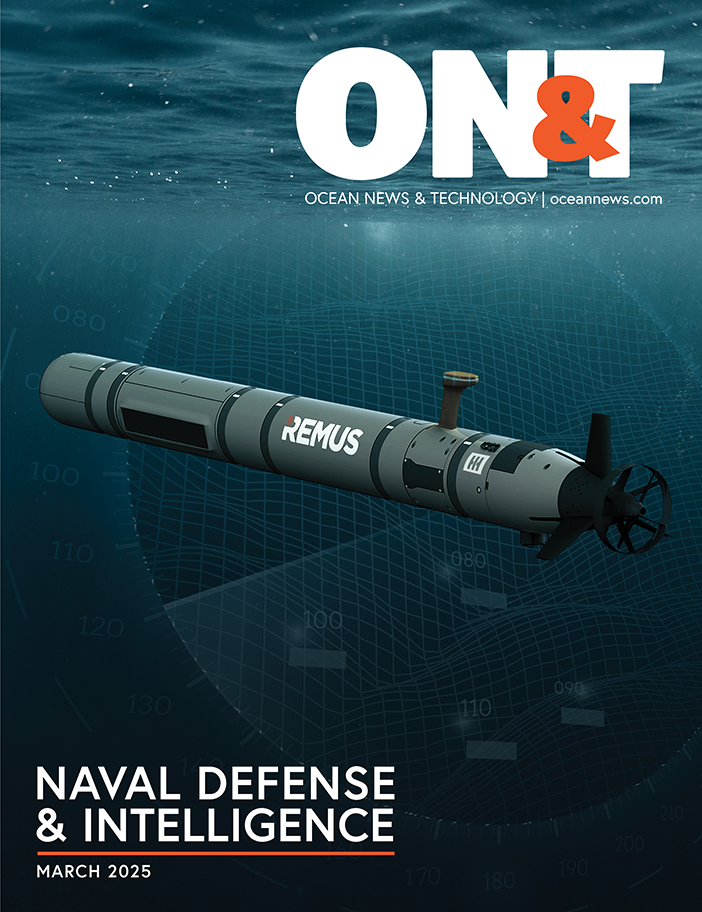Sounds like science fiction, right? Not according to Fabien Cousteau, the grandson of fabled sea explorer Jacques, who recently announced plans to build Proteus™, a state-of-the-art subsea research facility. Or, as he puts it, an International Space Station, underwater.

accommodating 12 visitors at a time. Fabien Cousteau Ocean Learning
Center (FCOLC) is the organization behind the project, headed up by the
grandson of legendary sea explorer Jacques. (Image credit: FCOLC)
Subsea Laboratory
Cousteau’s interest in subaquatic life was piqued early—his upbringing afforded a somewhat unique vantage point from which to embrace ocean science and technology—but he relishes in the fact that so many mysteries remain. The Fabien Cousteau Ocean Learning Center (FCOLC) is the organization behind Proteus, and insists that the democratization of ocean science is a present-day imperative; to this end, the platform will be made available for academics, private companies, scientists and nongovernmental organizations around the world involved in ocean exploration and research.
While novel, there is precedent: Aquarius, at a depth of 19 meters, is currently the world’s only underwater marine laboratory, located nine miles off the Florida Keys. Aquarius was the stage for Mission 31, a June 2014 expedition that saw Cousteau and his team break the record for the longest period spent underwater (eclipsing Jacques’ 30-day record by one day). The crew’s research yielded twelve scientific studies and 9,800 published academic articles and ultimately showed how immersion— days rather than hours to explore, study, watch, listen and learn from marine environments—can help us better plan human activities in the ocean. What’s more, it provided proof of concept for Proteus.
Proteus, located 18 meters below the surface of the biodiverse waters off Curaçao, will be eight times larger than Aquarius with a 372-squaremeter floorplan capable of accommodating 12 visitors at a time.
Satisfying our appetite for real-time discovery, Proteus will take us beyond datasets thanks to a state-of-the-art audio-visual studio designed to capture never-before-seen footage and livestream events across the globe. The hope is that such facilities will prove scalable over time, and that additional seafloor bases will be added in the future.
Unlocking the Ocean’s Potential
Studying the shifting nature of our seas is clearly a scientific priority in the age of climate change, but it is also key to helping us responsibly leverage the natural resources found in marine environments. There is a firm belief that work conducted at Proteus will give rise to disruptive scientific breakthroughs in critical areas such as medicine, genetics, and sustainable energy.
This pioneering approach to advancing ocean science and technology could have profound impacts on the way we plan further offshore exploration. How long might it be before we establish similar facilities in deep-sea trenches? It might sound like something out of a Hollywood script, but this model of underwater investigation may transform our reach and understanding. The challenges, not to mention costs, of operating deep-sea research are well documented, so establishing a pathway to “in-situ residency” is a tantalizing prospect to say the least.
For more information: www.fabiencousteauolc.org/proteus
This story was originally published in ON&T’s October 2020 issue. Click here to read more.

